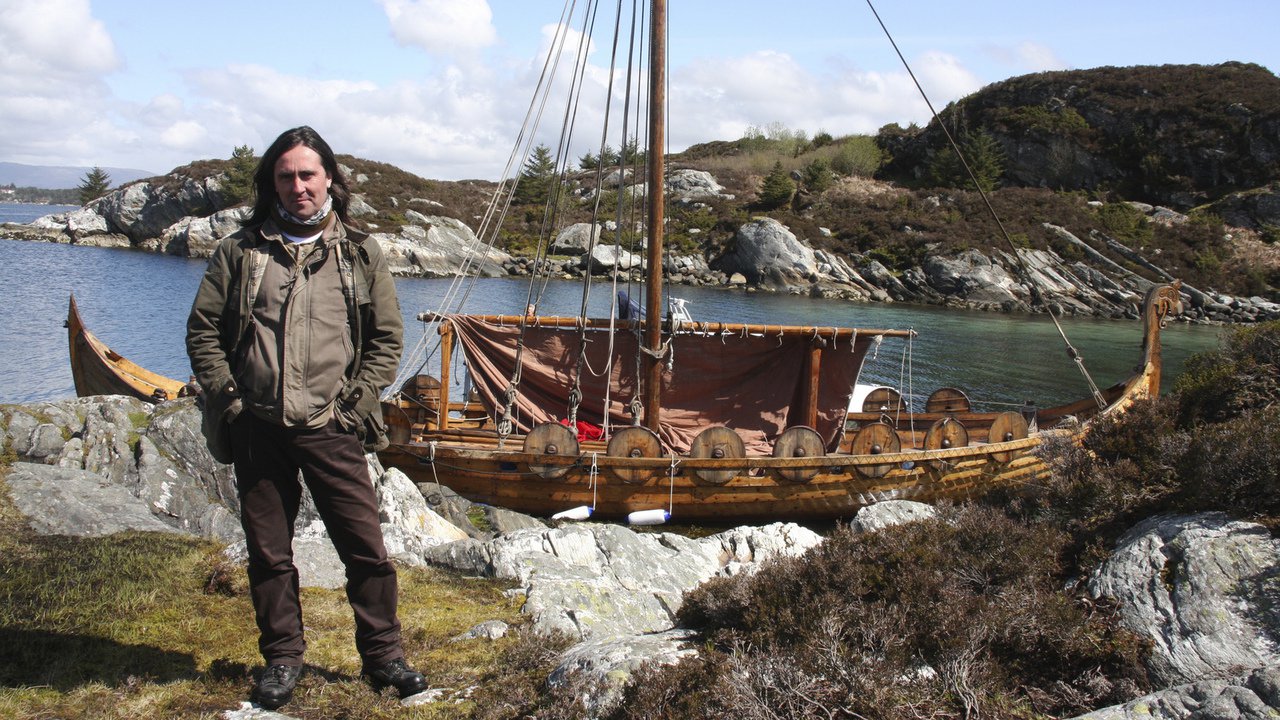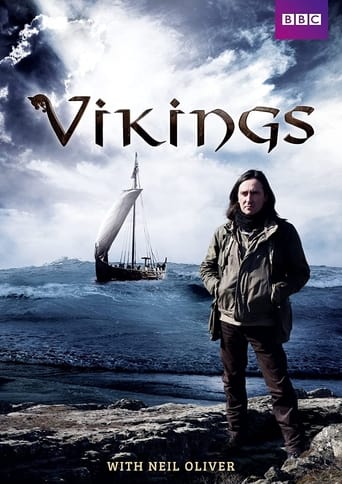

I think this is a new genre that they're all sort of working their way through it and haven't got all the kinks worked out yet but it's a genre that works for me.
... View MoreIt's the kind of movie you'll want to see a second time with someone who hasn't seen it yet, to remember what it was like to watch it for the first time.
... View MoreMostly, the movie is committed to the value of a good time.
... View MoreThrough painfully honest and emotional moments, the movie becomes irresistibly relatable
... View MoreIn this four-part documentary series, presenter Neil Oliver offers a more nuanced portrait of the Vikings, as a corrective to the prevailing notion that they were a barbarous race concerned solely with conquering other nations.By traveling northwards to Sweden and Denmark, and as far south as Turkey as well as within the United Kingdom, he argues that the Vikings were a communal race, accustomed to self-sufficient lifestyles in small settlements. The fact that they acquired such power in ancient times was due to their loyalty to one another: every person mattered, and hence had to be looked after by others. There was little of the self-interest or concern for personal aggrandizement that characterized other nations, or individuals of such nations, in battle.As traders, the Vikings spread their net far and side, conducting business with nations as far away as India and China, and regularly commuting to Istanbul (or Constantinople as it was known then) to exchange goods. Oliver's treatment of this subject was slightly orientalist in tone - complete with Middle Eastern music and shots of head-scarfed women - but he did make the valid point that the Vikings left their mark in the city, as a piece of graffiti now preserved in Hagia Sophia, the ancient church now converted into a mosque.The Vikings invaded Britain and succeeded beyond their wildest dreams in capturing important strategic centers at Lindisfarne and Repton (now a small country town but in the Anglo-Saxon era a site of trade and government). They went further south and ended up forging a treaty with King Alfred the Great, where Alfred ruled the south, while the Vikings stayed in the north. Their influence lives on in the way many of their words have entered the English language.Straightforwardly structured, with the minimum of intervention from expert witnesses - which can sometimes hold up the narrative flow - THE VIKINGS is a really good example of a quality documentary that informs as well as entertains.
... View More